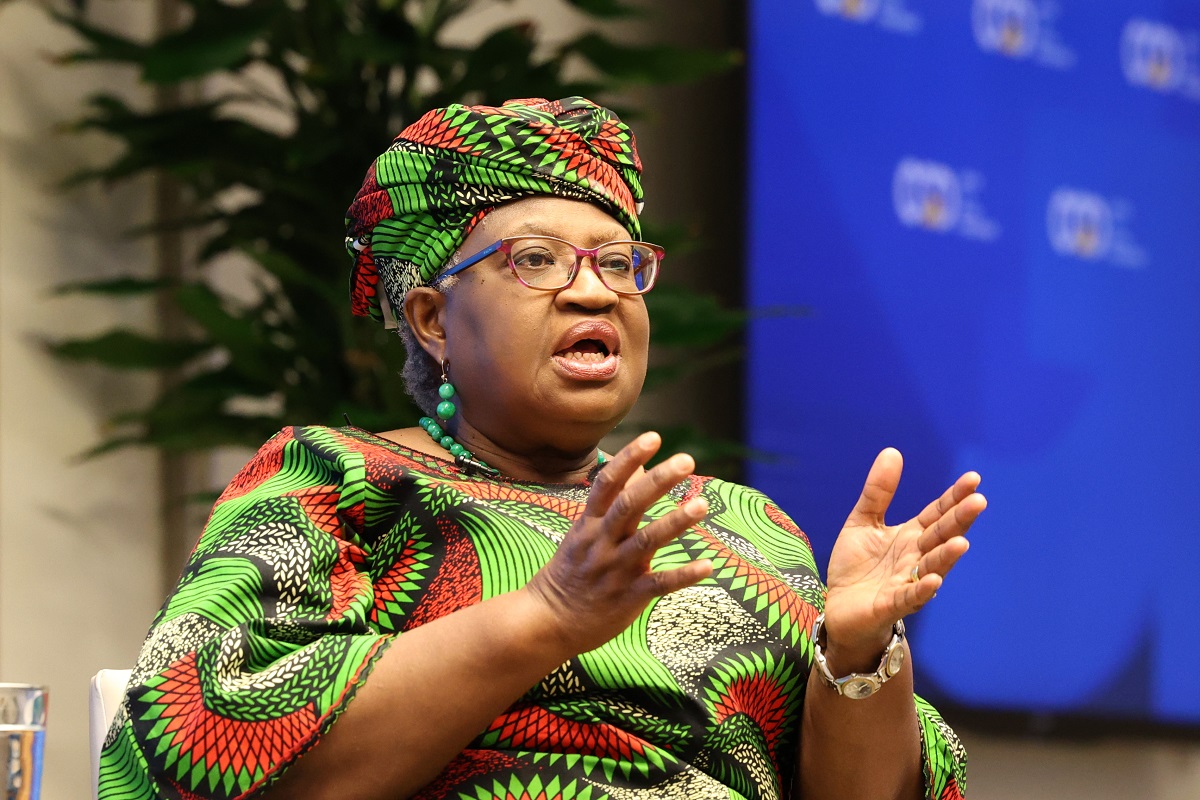 There are 49 countries in the world that the United Nations classifies as Least Developed Countries (LDCs). How does a country wind up on the list, and how is the international community working to help these countries develop? My guest this week is Debapriya Bhattacharya, currently a Special Advisor to the Secretary General of the UN Conference on Trade and Development (UNCTAD), focusing on issues related to Least Developed Countries.
There are 49 countries in the world that the United Nations classifies as Least Developed Countries (LDCs). How does a country wind up on the list, and how is the international community working to help these countries develop? My guest this week is Debapriya Bhattacharya, currently a Special Advisor to the Secretary General of the UN Conference on Trade and Development (UNCTAD), focusing on issues related to Least Developed Countries.
Deb begins by explaining how the official Least Developed Country list is defined. There are three criteria for inclusion, he explains. Obviously, poverty, as measured in per capita income, is one of them. A second is what Deb calls “human assets,” expressed in education and health indicators. And the third is a measure of economic vulnerability to natural or manmade disasters."Haiti is a classic example of how vulnerable these economies are,” Deb explains. “You get hit not only by man-made disasters, but also by natural exogenous shocks."
We discuss the history of the LDC classification, which began in 1971. I learned which two countries have refused inclusion on the list, and which are the only two to ever graduate off of it.
In his current job, Deb is leading the preparation for the Fourth UN Conference on Least Developed Countries (LDC IV), which will be held in Istanbul next May. On the Wonkcast, he previews the issues to be discussed at that conference. A central dilemma, he explains, is that economic growth in the LDCs-- which was reasonably rapid before the current financial crisis-- has not lifted enough poor people out of poverty. At issue? Too much reliance on primary commodity exports, too little investment in job creating sectors like manufacturing and services. "There is growth, but there is no modern sector growth,” says Deb. “There are exports, but no product diversification." The LDC IV conference will examine how the developed world, the LDCs themselves, and new emerging market countries could spur growth that does more to decrease poverty.
Have something to add to our discussion? Ideas for future interviews? Post a comment below, or send me an email. If you use iTunes, you can subscribe to get new episodes delivered straight to your computer every week.
My thanks to Wren Elhai for his very able production assistance on the Wonkcast recording and for drafting this blog post.
CGD blog posts reflect the views of the authors, drawing on prior research and experience in their areas of expertise.
CGD is a nonpartisan, independent organization and does not take institutional positions.


 There are 49 countries in the world that the United Nations classifies as Least Developed Countries (LDCs). How does a country wind up on the list, and how is the international community working to help these countries develop? My guest this week is Debapriya Bhattacharya, currently a Special Advisor to the Secretary General of the
There are 49 countries in the world that the United Nations classifies as Least Developed Countries (LDCs). How does a country wind up on the list, and how is the international community working to help these countries develop? My guest this week is Debapriya Bhattacharya, currently a Special Advisor to the Secretary General of the 


